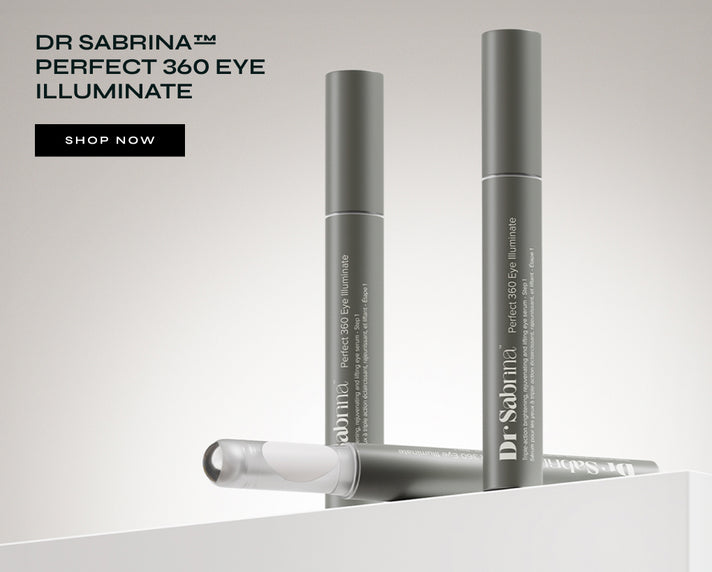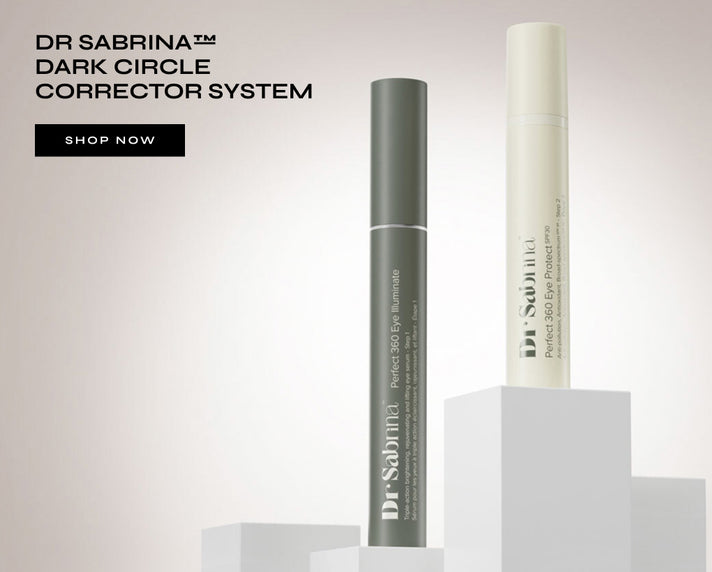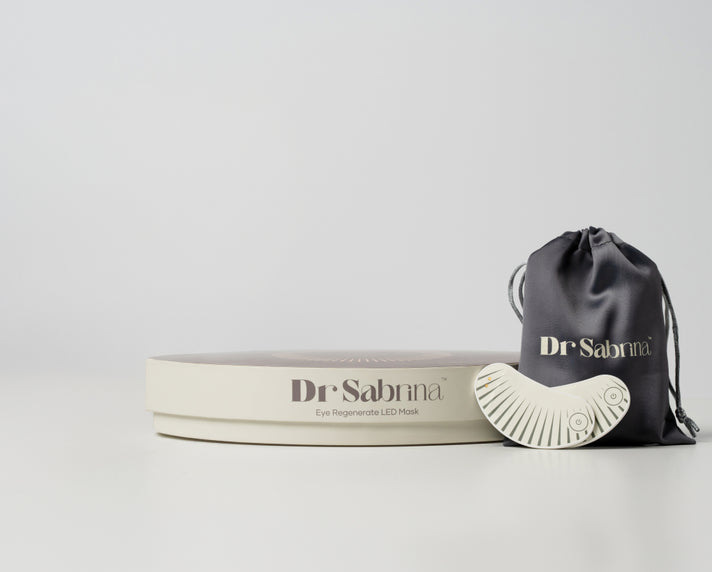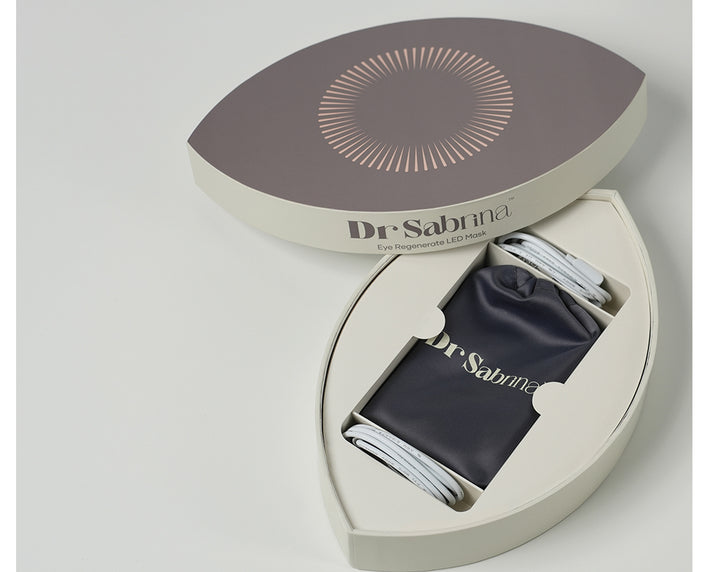
Two of the most powerful and widely discussed ingredients in skincare are Vitamin C and Retinol. Both have transformative effects on the skin, but how do they compare? The debate over Vitamin C vs. Retinol has been hot in the beauty industry, with each offering unique benefits. But if you’re wondering, "Retinol or Vitamin C, which is better?" The answer depends on your specific skin concerns.
In this article, we’ll discuss the difference between Vitamin C and Retinol, their benefits, and how to use them effectively. By the end, you’ll know whether Vitamin C serum vs Retinol or Retinol serum vs Vitamin C serum is the right choice for your skincare routine.
What Does Vitamin C Do for Your Skin?
Vitamin C versus Retinol reviews tend to begin with vitamin C, an effective antioxidant that keeps the skin shielded from the outside world. But just what does Vitamin C do for your skin? Let's take a closer look at its benefits:
1. Brightens Skin Tone
Vitamin C is famously recognised for lightening dark marks and evening out skin tone. If you're fighting hyperpigmentation, sun spots, or acne scars, adding vitamin C can make your skin glow.
2. Stimulates Collagen Production
One major advantage of Vitamin C is that it is involved in collagen synthesis. Collagen is needed to keep skin elastic and firm. Vitamin C promotes collagen synthesis, which minimises fine lines and wrinkles.
3. Shields from Sun Damage
Vitamin C is a potent antioxidant that combats free radicals that cause sun-induced premature ageing and pollution. Although it is not a substitute for sunscreen, it provides an additional layer of protection.
4. Hydrates and Soothes Skin
Many Vitamin C serums contain other hydrating ingredients, making them ideal for all skin types, including sensitive skin.
Retinol: The Gold Standard for Anti-Aging
Conversely, retinol, which is vitamin A, is the gold standard for anti-aging products. It differs from vitamin C because it promotes cell turnover and collagen production. Let's find out why it's a bestseller in skincare:
1. Minimizes Fine Lines and Wrinkles
Retinol effectively reduces wrinkles and fine lines by stimulating collagen and elastin production, making it a favourite among those who want to reverse the signs of aging.
2. Accelerates Cell Turnover
One of retinol's strongest effects is its capacity to speed up cell turnover. This means it helps remove dead skin cells more quickly, exposing newer, younger-looking skin.
3. Combats Acne and Breakouts
Retinol is an excellent acne treatment. It unclogs pores, dries up oils, and prevents breakouts.
4. Smooths out Skin Texture
If your skin is too bumpy, uneven, and rough, Retinol can make it look smoother and more refined over time.
Vitamin C Serum vs Retinol: What to Pick?
Now that we know what they do, let's put Vitamin C serum vs Retinol side by side based on various skin issues:
1. For Brightening and Glow
Vitamin C is your go-to product if dullness or dark spots are your major concern. It targets lightening the pigmentation and producing an even skin tone.
2. For Anti-Aging and Wrinkles
Retinol is better at reducing wrinkles and fine lines. It stimulates collagen production, giving the skin a look of firmness and youth.
3. For Acne-Prone Skin
Retinol is excellent at managing acne, minimising oil production, and combating breakouts.
4. For Sensitive Skin
If you have sensitive skin, use Vitamin C instead. Retinol irritates skin, so if you choose to use it, begin at a lower concentration.
Difference Between Vitamin C and Retinol in Use
Choosing between Vitamin C serum and Retinol comes down to understanding how to use them properly.
|
Feature |
Vitamin C |
Retinol |
|
Best Used |
Morning |
Night |
|
Main Benefit |
Brightening & Protection |
Anti-ageing & Repair |
|
Works on |
Hyperpigmentation, dullness |
Wrinkles, acne, texture |
|
Suitable for |
Most skin types |
Normal to oily skin |
|
Side Effects |
Mild sensitivity |
Peeling, irritation |
Vitamin C vs Retinol: Can You Use Them Together?
One of the largest questions surrounding skincare is whether Vitamin C and Retinol can be used together. The short answer is yes but with caution.
1. Layering Them Correctly
Due to Vitamin C being acidic and Retinol being strong, layering them together can be irritating. The best way to incorporate both into your routine is:
- Morning: Apply Vitamin C to help shield from free radical damage.
- Night: Use Retinol to rejuvenate and rebuild the skin during sleep.
2. With a Buffer
If you prefer to use them simultaneously in the same routine, you may want to use a hydrating eye serum or moisturiser in between the two to minimise irritation.
3. Alternate Nights
Alternatively, you can apply Vitamin C one night and Retinol the other to avoid over-dryness or sensitivity.
Retinol or Vitamin C: What's Better?
Ultimately, it's a decision between Retinol and Vitamin C. Which is better based on what you're looking for in skincare?
Use Vitamin C if you desire a glowing, healthy-looking complexion and antioxidant protection from the environment.
Use Retinol if you're searching for intense anti-ageing properties, acne-fighting, and better skin texture.
You can alternate both for maximum results by applying Vitamin C in the morning and Retinol in the evening.
Ultimate Ruling on Vitamin C vs Retinol
There is no winner in the Vitamin C vs. Retinol battle because both have amazing benefits. Knowing the difference will enable you to make the best decision for your skin, whether you choose a Vitamin C serum or a Retinol serum.
If you are new to using these products, begin slowly, apply sunscreen daily, and tune in to your skin. No matter which product you choose, consistency will lead to successful, radiant skin!
FAQs
1. Can you mix Vitamin C and Retinol?
Yes, but use them properly. Use Vitamin C during the day for defence and Retinol at night for repair. When using them in the same regimen, put a hydrating under-eye serum or moisturiser in between them to minimise irritation.
2. What is best for wrinkles: Vitamin C or Retinol?
Retinol is better for wrinkles because it stimulates collagen and increases cell turnover. But Vitamin C can increase skin radiance and promote collagen production.
3. What does Vitamin C do to your skin?
Vitamin C lightens the skin, fades dark spots, guards against sun damage, and stimulates collagen, keeping it light and radiant.
4. Is Vitamin C or Retinol best for acne?
Retinol is superior for acne because it clears pores, slows oil production, and prevents breakouts. Vitamin C, on the other hand, can fade acne scars and tone the skin.
5. Do I first apply Vitamin C or Retinol in my skincare routine?
Apply Vitamin C in the morning under sunscreen and retinol in the evening before moisturising. This way, you maximise the benefits of both products.












